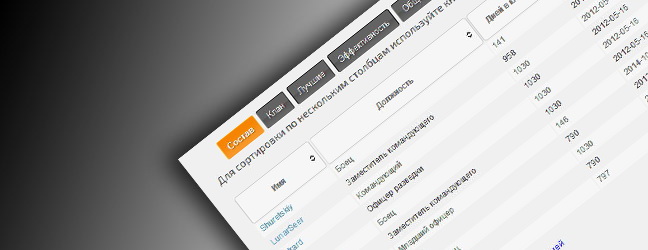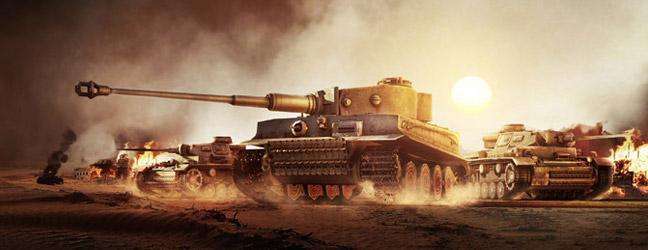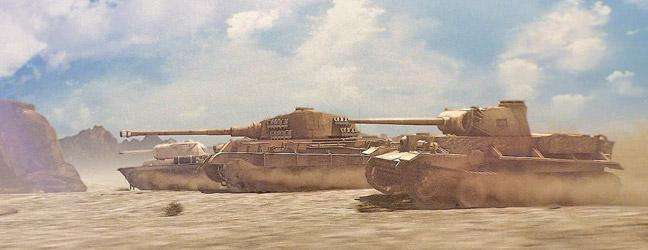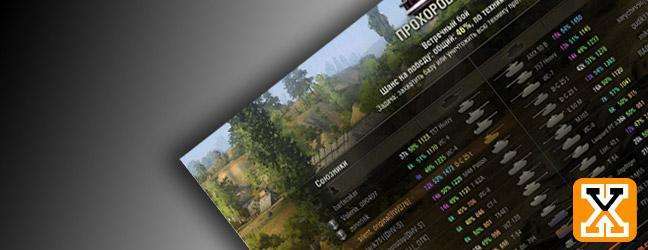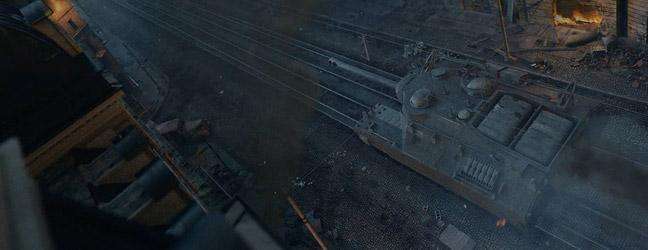Has russia imptoved its armor quality?
Дата: 10.06.2014 17:14:56
Tuccy: Steel is steel, unless it isn't :) Often even in same nation, same
period steel for various purposes (armor-wise) differed. Case in
point: KV-1 vs. T-34. T-34 had intentionally rather hard but
brittle steel - it gave good protection about non-overmatching
projectiles (or slightly overmatching), thus in Yugoslavian trials
it fared better than M4A3 armor vs. 57mm guns. It was made to
provide great frontal protection against guns of 37mm-45mm caliber.
Downside was that overmatching hits often resulted in cracking and
large caliber high velocity hits could be devastating. KV,
on the other hand, was designed to generally same requirements as
Tiger - frontal immunity and side protection vs. 37mm/45mm guns and
against AP and HE from field guns. By its role, heavy tanks were
expected to be hit more often and by larger calbers, and armor was
intentionally softer than on T-34 (not by much though - Soviets
used pretty hard steel) to reduce spalling. Taken to the
extreme, US used very soft steel (armor-wise) - again, to reduce
spalling and reduce crew losses from penetrations (as they reasoned
that spalling from smaller hits is a problem and if tank is hit by
a high penetration AT gun, Medium tank won¨t be able to resist
anyway). As for Cast vs. RHA, cast armor in best conditions
is rated as providing ca. 90% protection of RHA. It can be
clearly seen in soviet practice, for example on T-34 turrets - RHA
turret sides were 45mm, cast 52mm. similar for cast vs. RHS IS hull
front etc. Now of course it is more complicated with
composite armor - and there is a lot of wild ass guesses and so on
around it. For example the ideas of "cavities filled with ceramics"
seems to be not fully true for modern composite armor, be it
Eastern or Western... and any numbers out there for stuff newer
than T-72A is just guesstimate.
Has russia imptoved its armor quality?

